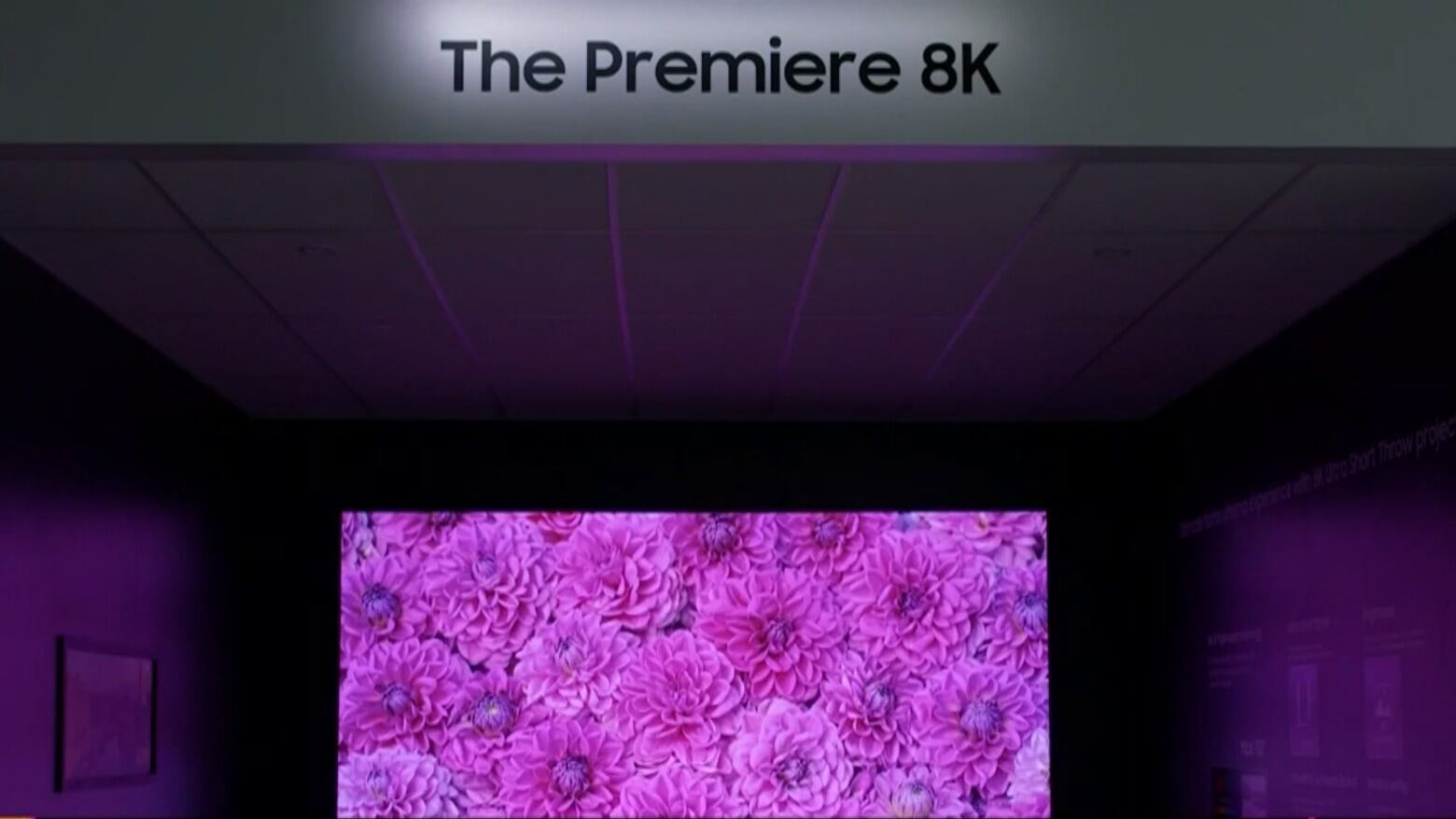Art imitates life, as the saying goes.
For Andy Tian, Co-founder and Group CEO of Asia Innovations Group, that means leveraging the shift towards blockchain technology to produce a piece of virtual artwork: “The Forever Rose.”
“Just because you can’t really see it, doesn’t mean it’s no less valuable,” says Tian, whose company operates the GIFTO virtual gifting platform.
“The Forever Rose,” created by renowned artist Kevin Abosch, sold for $1 million worth of ethereum on Valentine’s Day, making it the most expensive piece of crypto-art so far. The token was split between 10 collectors who can resell their portion of the artwork.
Tian says any art, physical or virtual, derives its value from both the artist and “the significance of the artwork.” The medium it’s produced in doesn’t matter.
In fact, blockchain’s safe, decentralized nature makes it an ideal platform for the art world, he says. The market can’t be tainted with fake works, the art can’t be damaged or hacked, and it throws open the typically exclusive collector’s club to anyone who wants to buy or sell.
For the full interview, [click here](https://cheddar.com/videos/cryptocurrency-is-changing-how-we-view-art).
The future of viewing is here, and it’s being projected into your living room.
Samsung will offer $50 credits on the upcoming Galaxy S23 phone and its Galaxy Book laptop.
Janet Balis, EY Marketing Practice Leader, and Charisse Hughes, Chief Brand and Advanced Analytics Officer, Kellogg’s, join Cheddar News at CES in Las Vegas to discuss the importance of investing in your brand in the face of recession fears, the biggest challenges that CMOs are facing today, and where opportunity can be found in the adversity.
Gregory Breitbart, CEO of Body20, joined Cheddar News to discuss the new technology the company is bringing to the exercise space.
Google said a liability case before the Supreme Court could potentially "upend the internet" and lead to massive censorship online.
Cheddar News dove deep into the world of viewing content and looks into the future of the next generation of projectors and aromatic ways to watch your shows.
A judge in Elon Musk's Tesla jury trial is hearing the CEO's request to move it to Texas from California.
Tesla is cutting the price tag on some of its electric vehicles in the U.S.
Dan Diasio, EY Global and Americas Artificial Intelligence Leader, joins Cheddar News at CES in Las Vegas to discuss how companies are using artificial intelligence to accelerate product innovation.











